Bringing First Response Training to Dahab
By: Mark Powell
In January, one of the dive centres in Dahab (Mirage Divers), together with a local community group (iDiVE TriBE), came up with the fantastic idea of training all of the pickup drivers in Dahab on CPR and First Aid.
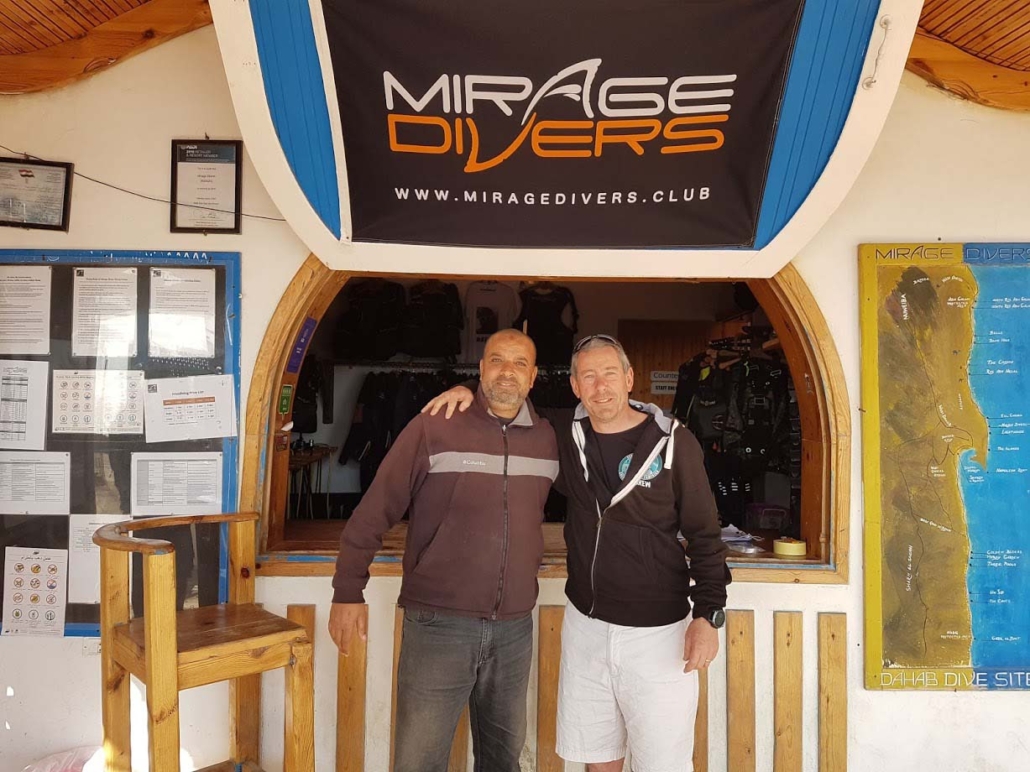
For those of you who have never visited Dahab, it is a fantastic diving area with incredible shore diving, right in front of the many dive centres. However, Dahab is best known for the Blue Hole. This iconic location is a 120m/400ft sink hole 5km/5m North of Dahab. At a depth of 55m/180ft, there is an arch which leads from the sink hole out through the reef into the open sea. It is a huge draw for sport divers, technical divers, and freedivers.

In order to get to the Blue Hole, the local dive centres use a fleet of pickup trucks. The drivers of these trucks are an integral part of the Dahab diving scene. Two of the local dive centres, together with the Chamber of Diving & Water Sports (CDWS) and First Response Middle East, came together to provide free first aid and CPR courses to all of these drivers. One of the best known of the drivers, Mansour Abdelrahman, was instrumental in convincing the other drivers of the importance of this training.

Only a month after this training was carried out, the value of this initiative proved itself. A tourist at the Blue hole got into difficult situation and appeared to suffer a heart attack. One of the local instructors, together with Mansour Abdelrahman and Samir Sabry, one of the other drivers that attended the training, immediately stepped in to help. They took turns providing CPR, managing the situation, and keeping people clear. They said that the training had provided them with not only the knowledge and skills, but also the confidence to step in and help when it was needed.
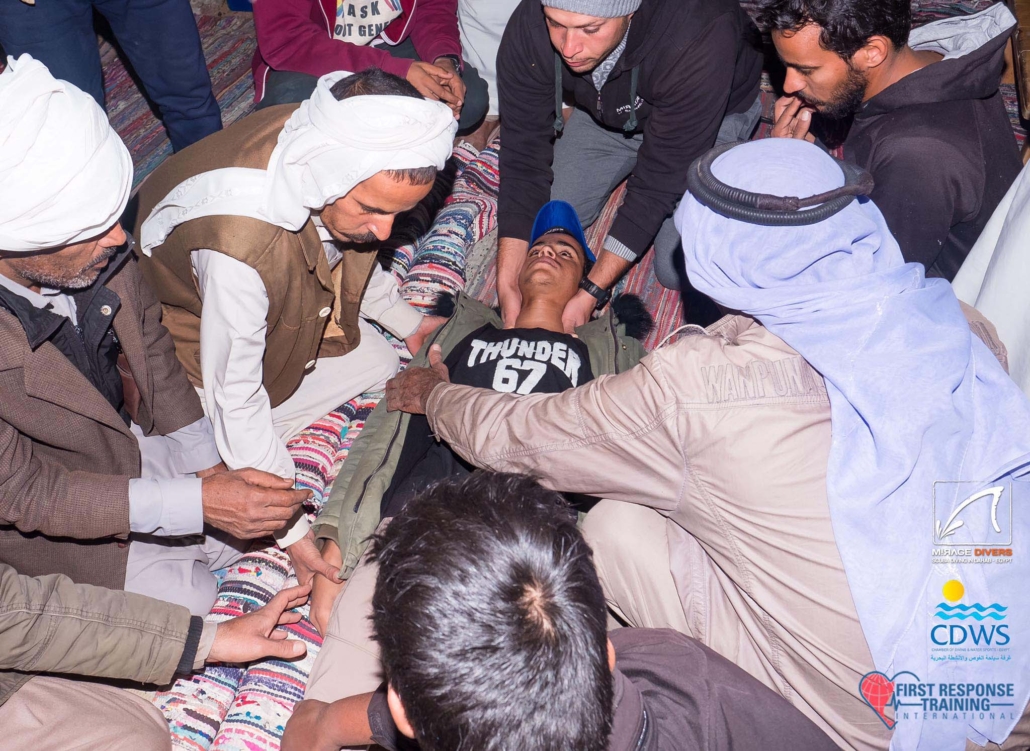
Here at First Response Training International, we are so proud of the instructors that made this happen and to Mansour and Samir for putting their training into effect.
We believe that everyone should be trained in basic first aid and CPR. You never know when you will need these life-saving skills.




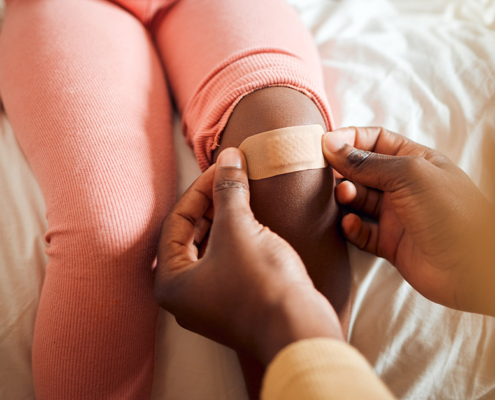


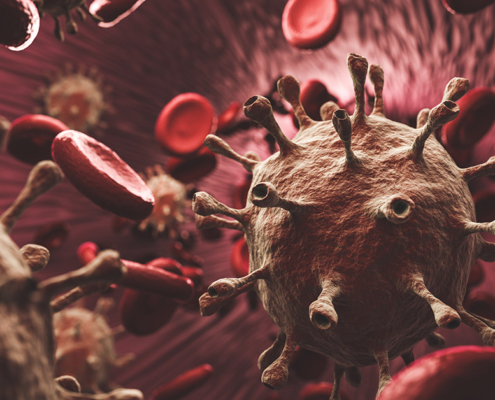


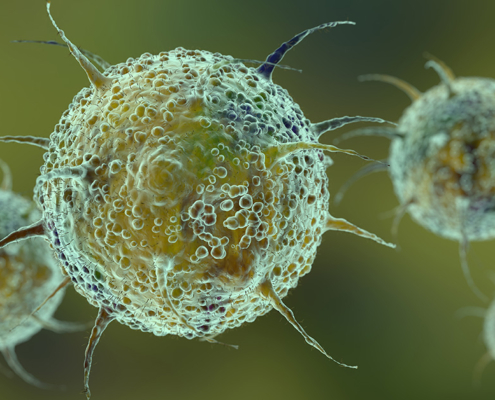
Leave a Reply
Want to join the discussion?Feel free to contribute!